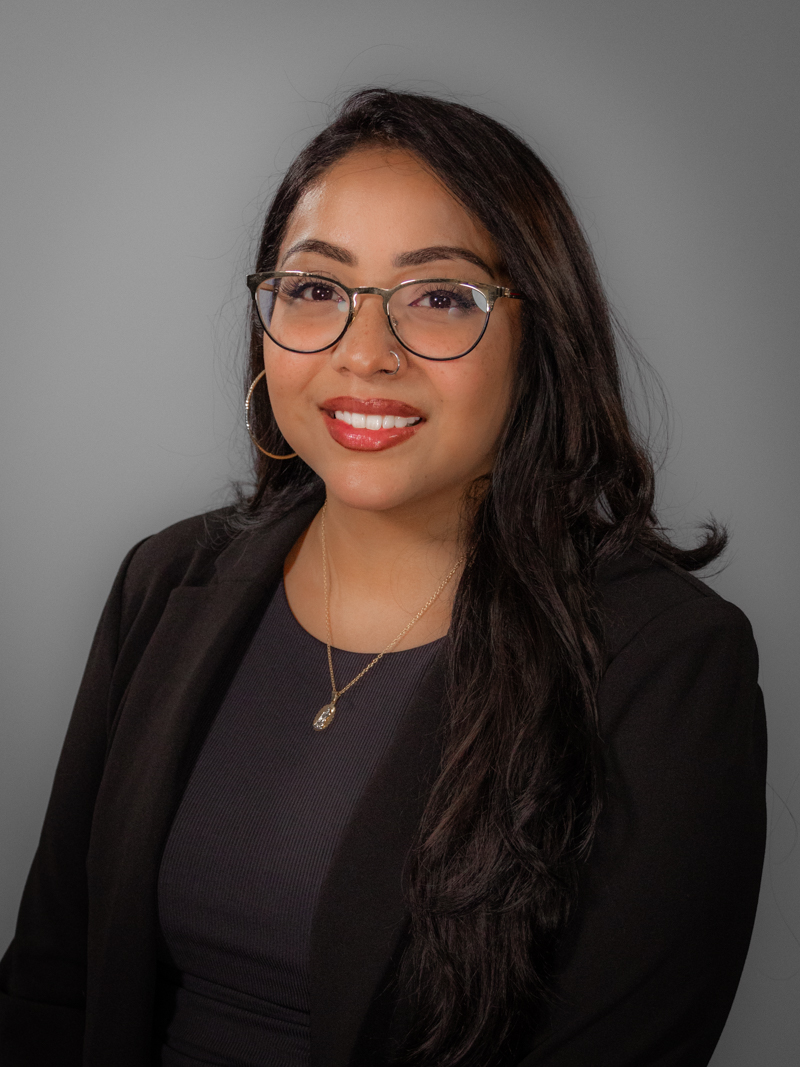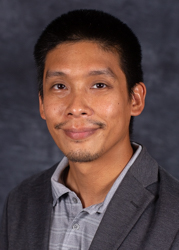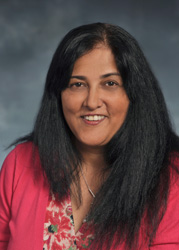| Criteria | Ph.D. | Ed.D. |
|---|---|---|
| Focus | Research skills | Development of scholarly practitioners |
| Ideal for | Those interested in academic careers, research, and teaching at the university level | Practitioners aiming for leadership roles in education settings |
| Career path examples | Academic faculty positions (e.g., professor); Researcher in government or private firms | Professional leadership roles (e.g., in school districts); Teacher educator (e.g., faculty at community or local colleges) |
| Location | On-campus only, a few courses online | All online |
| Coursework | Focused on research methodology, theory, and content | Focused on content, application, and practical research |
| Time | 3 – 4 years full time (2 years of coursework, 1-2 years of research) | 4 years, completed while you work full time |
| Final Exam | Dissertation (Empirical research) | Record of study (Community-based research) |
Ph.D. in Curriculum and Instruction: Emphasis in Urban Education
Vision
Our vision for the Urban Education Ph.D. program is to cultivate a community of scholar-practitioners dedicated to advancing high-quality research and innovation in urban education that informs policy and practice. Grounded in a commitment to educational access and opportunity for all learners, our program seeks to empower educators, researchers, and leaders to address the complex challenges and boundless opportunities facing urban schools and communities.
Main emphases
Policy and Assessment
Centers on how education policy and policy reform have and continue to influence learning outcomes in urban schools and communities. Students assess and research local, state, and national policies that impact educational outcomes (i.e., school discipline and student behavior, teacher preparation, ESL, teacher retention, school-to-career access, parental involvement, and access to advanced courses).
Curriculum and Pedagogies
Concentrates on the relationship between teaching, learning, and urban schools and communities. Students analyze the ideological, historical, and social contexts of teaching and learning and engage in interdisciplinary research that seeks to advance affirming models of learning and innovative curriculum theories.
Community and Civic Education
Focuses on the variety of ways urban schools and communities conceptualize and enact forms of civic engagement. Students examine civics and community engagement beyond the traditional classroom to explore alternative and out-of-school spaces of civic education (i.e., summer programs, athletics, social media, camps, and youth participatory action research).
ADMISSIONS
To be admitted to a graduate program, you must apply to the TLAC department and Texas A&M University.
Program Details
Degree: Curriculum & Instruction
Program Delivery: Traditional/Campus-based
Emphasis: Urban Education
Degrees Offered: Doctor of Philosophy, Ph.D.
Credit Hours: 64
For a better understanding of your total cost of attendance (COA), please visit our cost and tuition rates webpage (https://aggie.tamu.edu/billing-and-payments/cost-and-tuition-rates). This webpage will provide you with an opportunity to review estimated COA information for undergraduate, graduate and professional students, as well as other resources such as the tuition calculator and billing and fee explanations.
Program Chair

Co-Program Chair

Contact Advisors
Please contact cehdgrad@tamu.edu with questions and information requests.
Core Faculty






Affiliate Faculty









Frequently Asked Questions
Doctoral
Which doctoral degree is right for me, Ph.D. or Ed.D.?
Please visit our web page at https://tlac.tamu.edu/academics/online-ed-d/#program-comparison to view the key components of the Ph.D. and Ed.D. programs.
I still have further questions—who can I contact to help me answer those?
Please feel free to contact our Graduate Advising Office with any questions you may have. Our office information can be found at https://tlac.tamu.edu/student-services/graduate-advising.
Can you guide me through the application process?
Please visit our web page at https://tlac.tamu.edu/admissions/masters-admissions or https://tlac.tamu.edu/admissions/doctoral-admissions for step-by-step information about applying for our master’s and doctoral programs.
How to Apply: Master’s Application Information | Doctoral Application Information
How soon can I apply?
Prospective students are encouraged to apply as soon as possible!
I live out of state. Do you accept out-of-state applicants?
Yes, we accept in-state and out-of-state applicants.
Is there any opportunity for financial assistance?
Yes, there are opportunities for financial assistance through the Office of Scholarship and Financial Aid at https://financialaid.tamu.edu.
What are the typical program costs?
You can base the cost of attendance on 64 graduate credit hours (for doctoral students).
For a better understanding of your total cost of attendance (COA), please visit our cost and tuition rates webpage (https://aggie.tamu.edu/billing-and-payments/cost-and-tuition-rates). This webpage will provide you with an opportunity to review estimated COA information for undergraduate, graduate and professional students, as well as other resources such as the tuition calculator and billing and fee explanations.
Is the GRE required?
GRE is only required for Ed.D. applicants.

